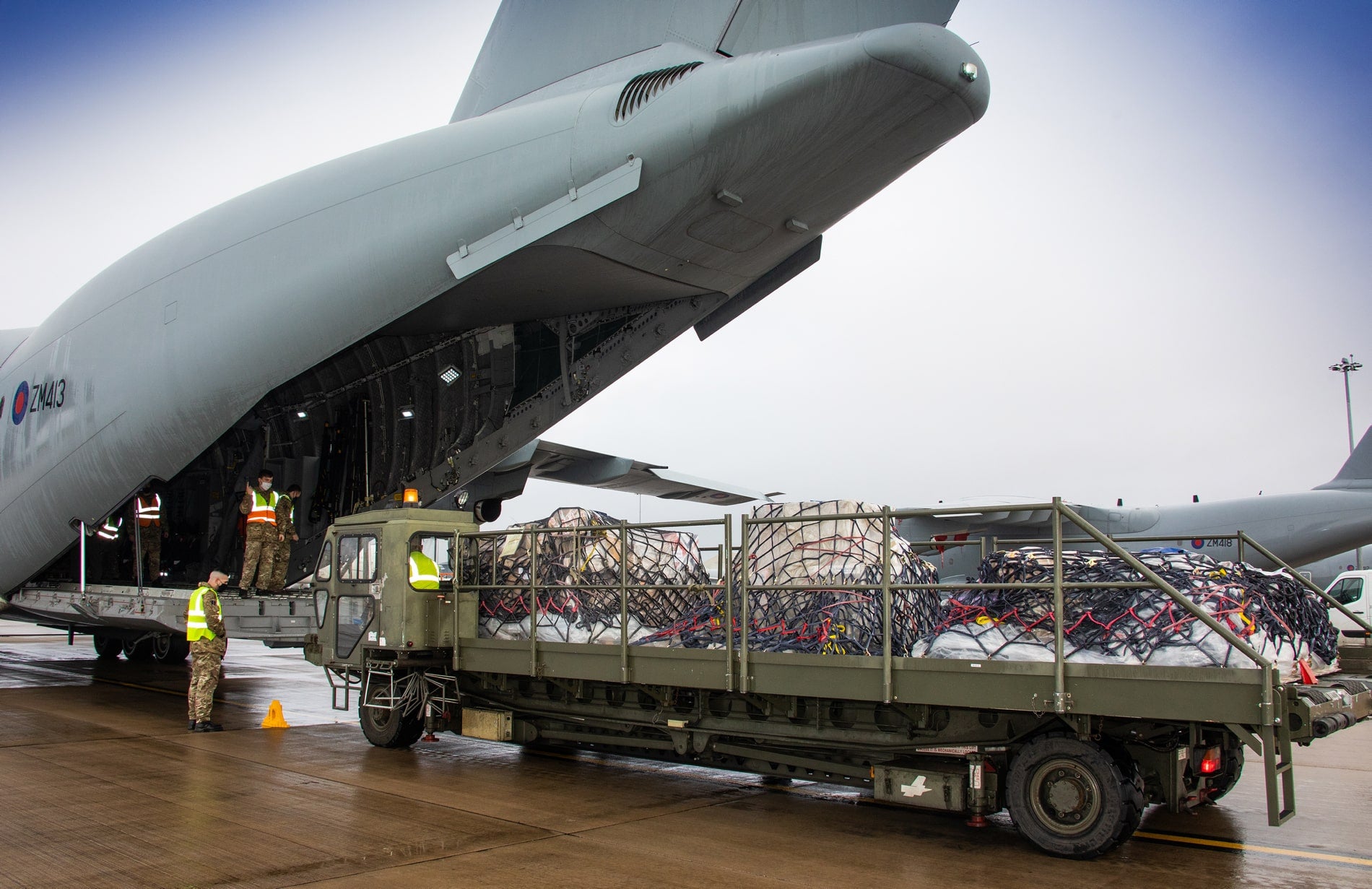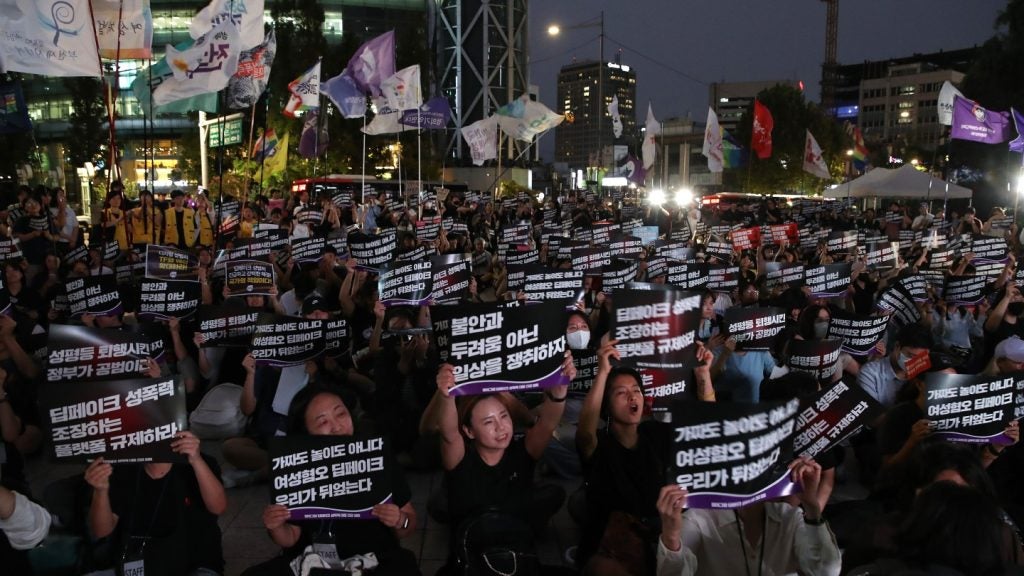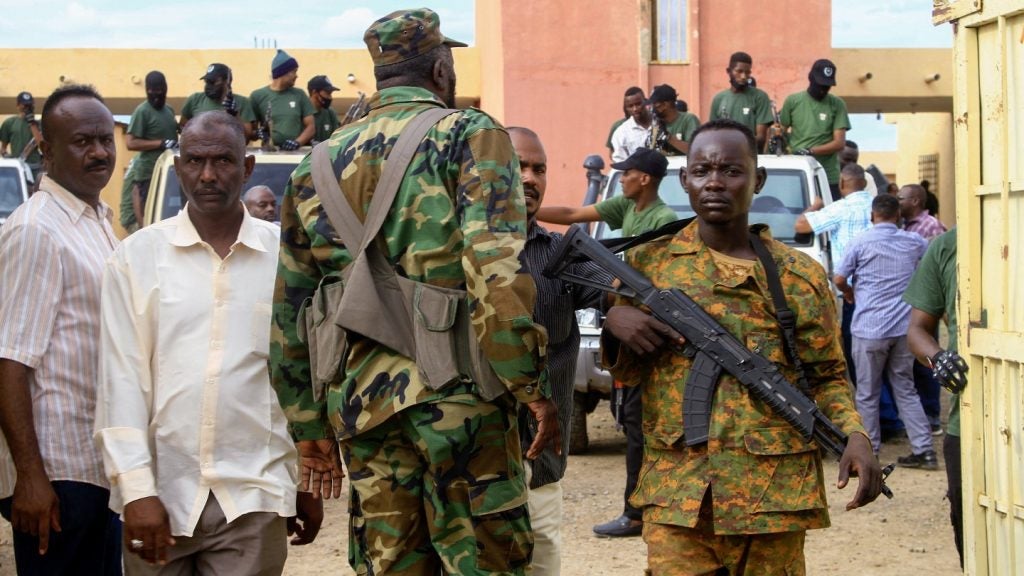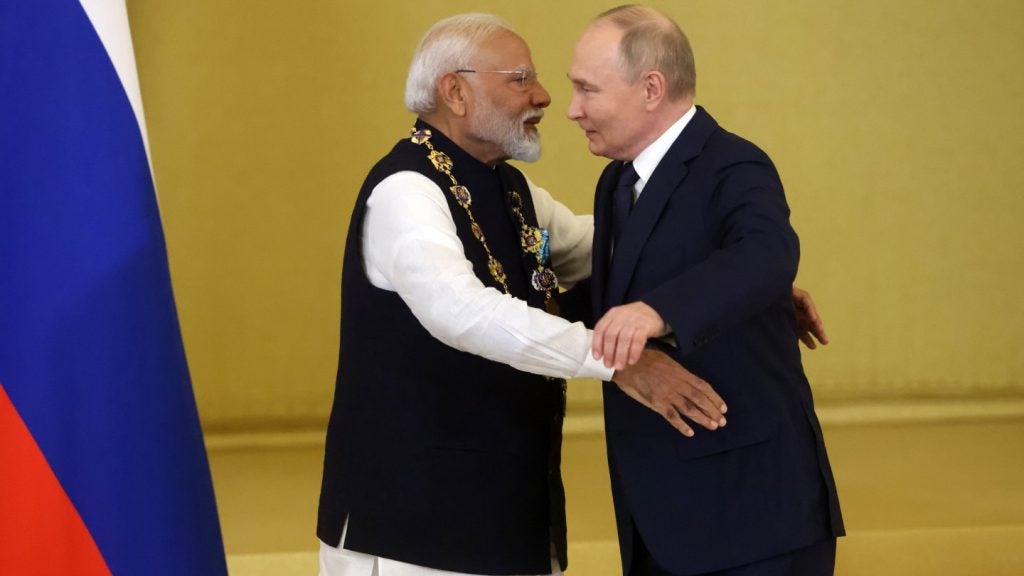
Going into the pandemic there was a slight concern from a UK perspective about funding levels. We were trying to maintain 2% of GDP; there were thoughts about, even if we maintain 2%, what will the GDP actually be at the end of the pandemic?
In November, the UK Government announced the largest ever settlement for UK defence for at least 30 years, so there was much whooping and hollering. There was two weeks later some cold light of dawn; there are still big holes in the defence budget in the UK. I think there’s still much to do, and many cost savings, but in terms of that settlement and the fact we are now looking at a longer-term settlement rather than the annual budget fight for funds gave defence some confidence.
One of the key elements for why you spend on defence, of course, is that a government’s first role is to protect its state. There’s been a perception that we’ve spent the last 30 years focusing on non-peer adversaries in the Middle East, and we’re lifting our head up a little bit from that in the last couple of years, and we’re now looking at peer threat.
To be absolutely blunt, we’re looking at Russia and China. We’re looking at the way we’re being attacked by Russia in particular at the moment, we looked at the Solar Wind attack last year in the US. The initial analysis from Microsoft at the moment seemed to imply that there were at least 1,000 engineers working on that attack; that’s a significant amount of work by one state against another.
That bleeds into that it may not be a kinetic war anymore in the way we described it. Certainly, when I was doing my first Gulf War bits and pieces from military bases in the UK and in Europe, we had no real perception that we can be attacked at home. I think now the cyber world tells us that there is no safe location anywhere in the world.
So rather than looking at that final mile for our logistics, we maybe have to look at the final 1,000, 3,000 miles; it’s a very different world. A part of what defence is going to have to do in the next few years is look at our what the threat is to us; what this grey zone is between real hard war and cyberattacks, what are we doing about that and how can we adapt our posture to do that?
How well do you really know your competitors?
Access the most comprehensive Company Profiles on the market, powered by GlobalData. Save hours of research. Gain competitive edge.

Thank you!
Your download email will arrive shortly
Not ready to buy yet? Download a free sample
We are confident about the unique quality of our Company Profiles. However, we want you to make the most beneficial decision for your business, so we offer a free sample that you can download by submitting the below form
By GlobalDataI think also the spend, certainly within the UK, is now focused on the logistics element rather than buying shiny new toys. It’s about how do we support the equipment we’ve got; how do we optimise the through-life support? How do we use intelligence to look at our through-life support costs, how do we reduce them? Because it’s finally dawning on people that 80% of your military weapons systems costs are over the 40-to-50-year life, not the upfront costs so we have to sort of gauge how that’s going to be done.
The whole way we operate was based around very lean supply chains, but what COVID taught us was that maybe stockpiling wasn’t a bad idea. I think the military are getting their heads around that as well now, saying maybe there are some strategic assets we need to stockpile. I think there’s a
whole piece of new ways of thinking, and the acceleration of change is what the military is going to have to get after.
If we look at our response to Covid, last year was very much along the lines of the military getting involved; it was a national effort. We did this shift from the military being purely focused outward to looking at how they could help with things like vaccines because logistics is what the military are good at; that’s what they’ve always done.
If you go back to the times of Alexander the Great, if he ever lost the battle, he executed 10% of his logistics corps, because he thought if we lost the battle, it was their fault, it wasn’t the people fighting. It was a logistics corps that got the punishment for losing battles and I think that way of thinking and that way of support is definitely the way that our military is thinking in the UK at the moment, and that, I hope, will bleed into our NATO partners as well. An interesting year







